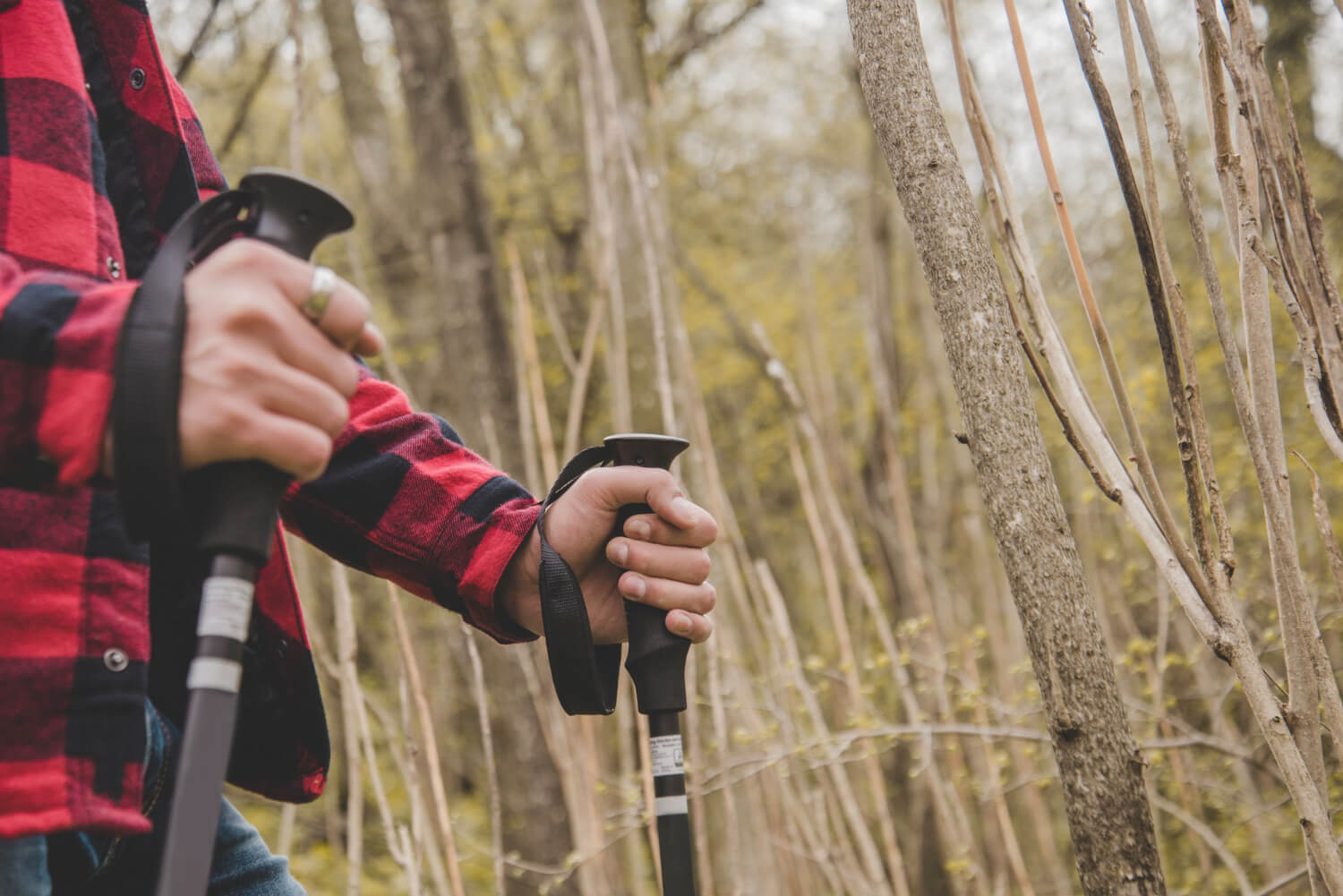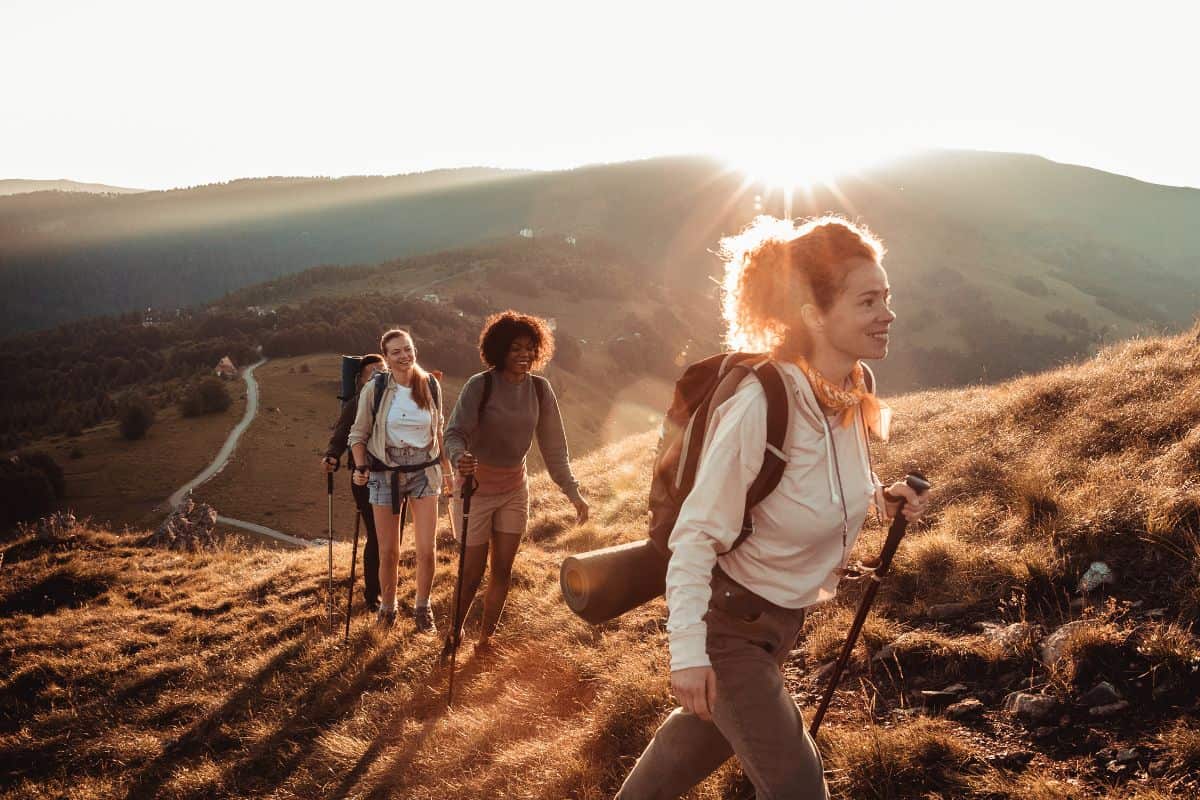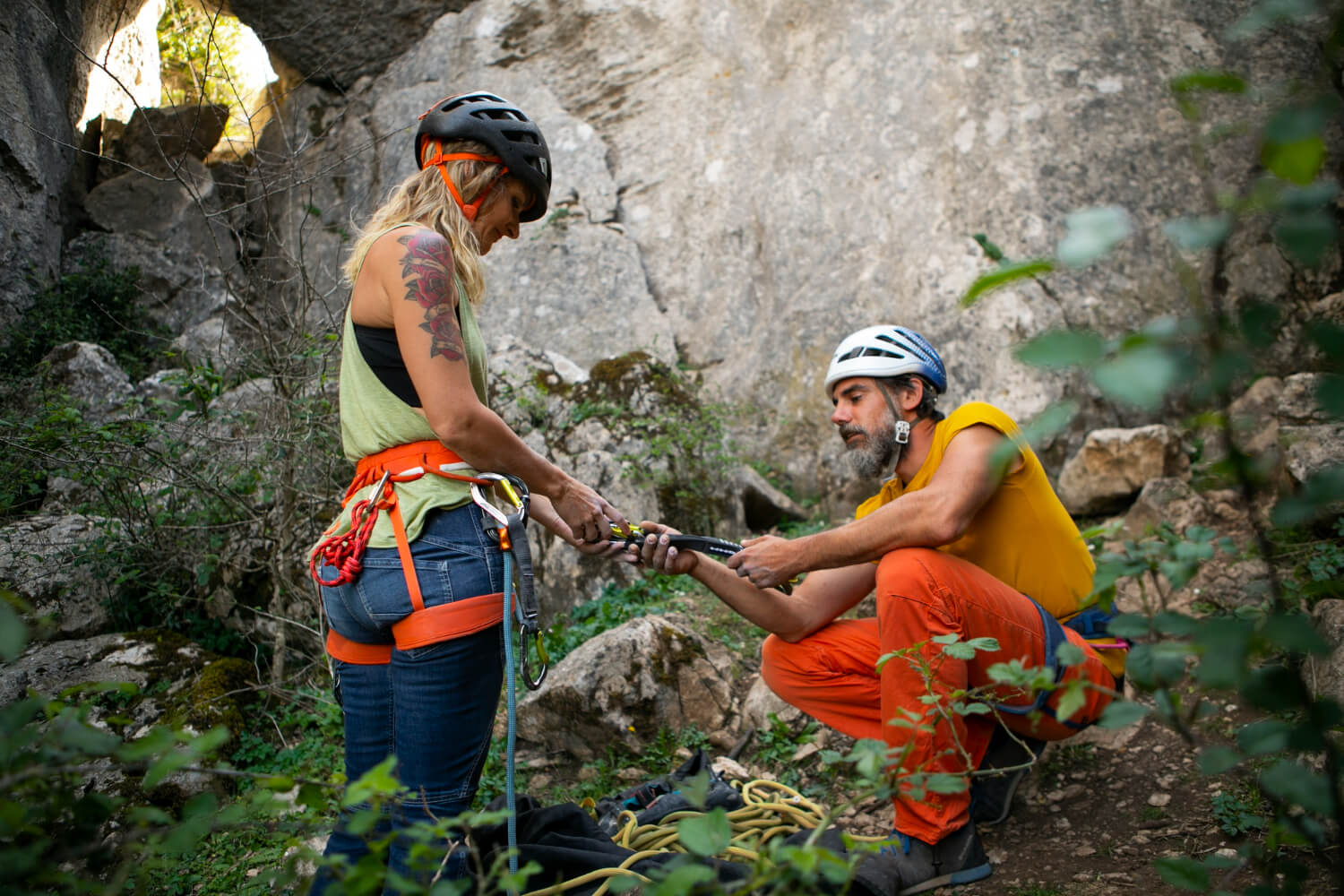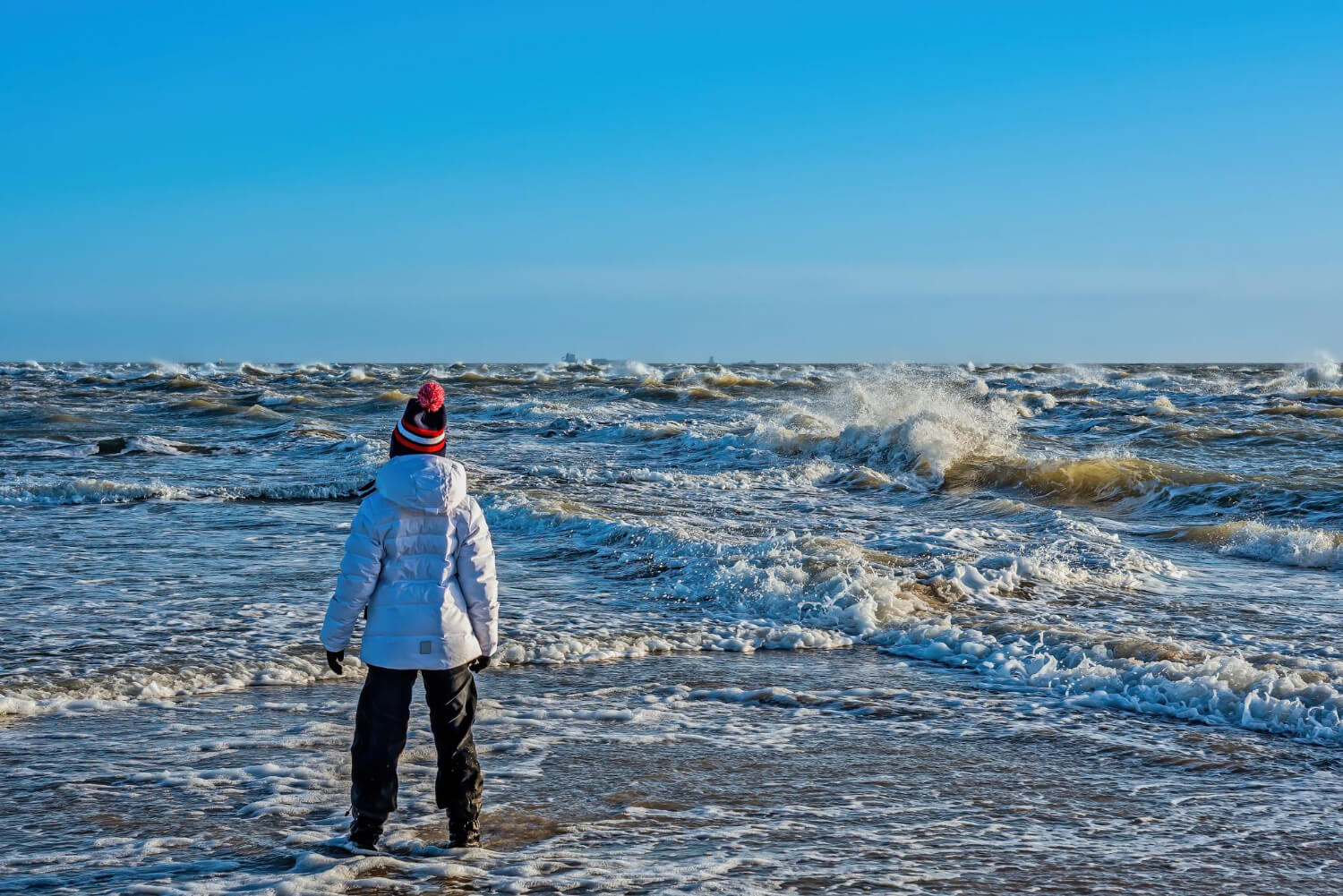Imagine this. You’re halfway up a challenging trail. Your legs burn, the air feels thinner with every step, and as you glance at your map, you realize you’ve taken a wrong turn. The sun is sinking fast, and panic begins to creep in. For seasoned adventurers, moments like these aren’t just rare occurrences; they’re part of the experience. The wilderness challenges us, often in unexpected ways, but it’s within these obstacles that some of life’s greatest lessons are found.
Outdoor adventures are about more than just incredible views and adrenaline rushes. They’re a mirror held up to our inner selves, constantly testing our resilience, adaptability, and willingness to grow. Whether you’re scaling peaks, rafting rivers, or trekking through dense forests, the wild has a unique way of teaching us how to overcome challenges in both nature and life.
Lesson 1: Resilience Is Built One Step at a Time
Picture this scenario. You’re on a multi-day backpacking trip, and by day three, your body is begging for a break. Every muscle aches, your pack feels impossibly heavy, and the trail ahead twists upward in an unrelenting climb. Quitting feels easier, but something inside urges you to take another step. Then another. And another.
Resilience is born in these moments, not as a grand, heroic surge but through small, deliberate actions. Hiking teaches you that no matter how steep the grade or how tired you feel, progress is made by focusing on the next step, not the entire mountain. The same applies to life’s challenges. Whether facing a tough deadline, rebuilding after failure, or navigating personal hardships, breaking tasks into manageable pieces makes the impossible feel achievable.
Lesson 2: Adaptability Is Key When Plans Fall Apart
No adventure goes exactly as planned. Maybe the weather forecast promised clear skies, only for a sudden storm to roll in. Maybe your kayak flips in the rapids, soaking not just you but your map and snacks. Or perhaps you’ve forgotten a crucial piece of gear altogether. These unpredictable moments force you to adapt quickly or risk compromising your trip.
A friend once told me about her attempt to summit a peak in the Rockies. She and her hiking partners awoke at 3 a.m. to start their climb. Four hours in, the wind picked up fiercely, reducing visibility to almost nothing. Instead of pushing ahead dangerously, the group decided to turn back. “It was heartbreaking,” she said, “but it taught us when to pivot and put safety first.”
Adaptability in the wild often means knowing when to keep going and when to change course. The same principle applies to outdoor adventures. Jobs change. Relationships evolve. Life throws storms our way. The ability to adjust our plans without losing sight of our larger goals can turn setbacks into opportunities for growth.
Lesson 3: Nature Demands Patience and Humility
The wild operates on its own timetable, indifferent to our schedules or expectations. You can’t rush a river current or demand a storm pass faster. The only option is to wait. This forces you to practice patience and, more importantly, humility. Nature reminds us that we are small and not in control of everything.

An experienced climber once shared a story of being stuck at a high-altitude base camp, waiting out bad weather for three days. “Those three days taught me more than three summits,” he explained. “I learned to stop fighting what I couldn’t control and just be.”
This humility is a valuable lesson in life. We often rush toward goals, frustrated when things don’t work out as planned. But sometimes the best thing we can do is pause, regroup, and trust that the right timing will come.
Lesson 4: You’re Stronger Than You Think
Outdoor adventures have a way of pushing you far beyond what you thought you were capable of. A first-time marathon runner feels this on mile 20 when their legs scream to stop, but their willpower pulls them through. A climber feels it when they push past their fear of heights, concentrating on one handhold at a time.
A couple I met while trekking in the Andes shared a memorable story. Midway through their hike, one of them fell ill due to altitude sickness. They had to slow the pace, split up gear, and take frequent breaks. “I didn’t think I could carry his pack on top of my own,” the woman admitted, “but somehow, I did.” The ordeal taught them both the power of grit and teamwork.
These moments of physical or mental exhaustion, when every fiber of you wants to quit, often reveal untapped reserves of strength. They remind us that we can endure more than we believe, a lesson that sticks with us as challenges arise back home in our everyday lives.

Lesson 5: Community and Connection Matter
While solo outdoor adventures are empowering, many people discover the joy and strength of tackling obstacles alongside others. A misstep on a slippery trail can be corrected by a partner’s steadying hand. A forgotten can opener becomes a shared problem solved with humor and ingenuity around a campfire.
The bonds forged during shared outdoor challenges often run deep. They remind us how much we rely on others and how much we can offer in return. Whether it’s cheering someone on during the last grueling mile or simply being there to share the triumph of a summit, these moments show us that we’re not meant to face obstacles alone.





